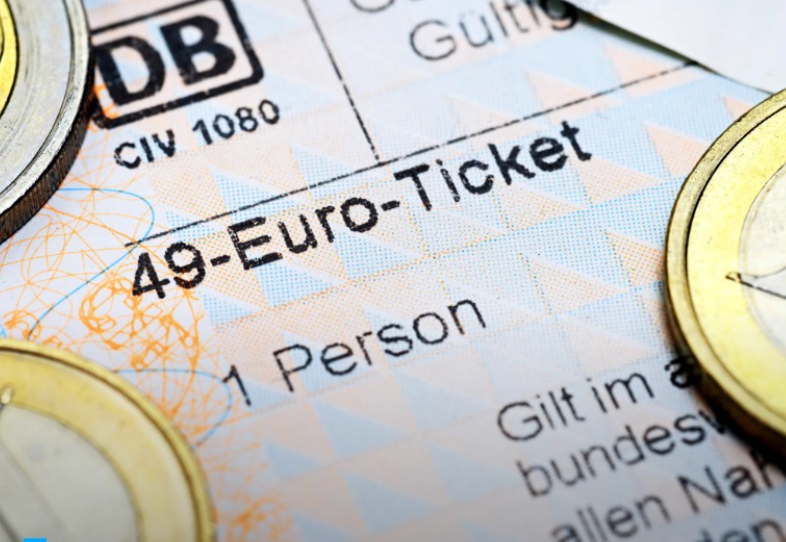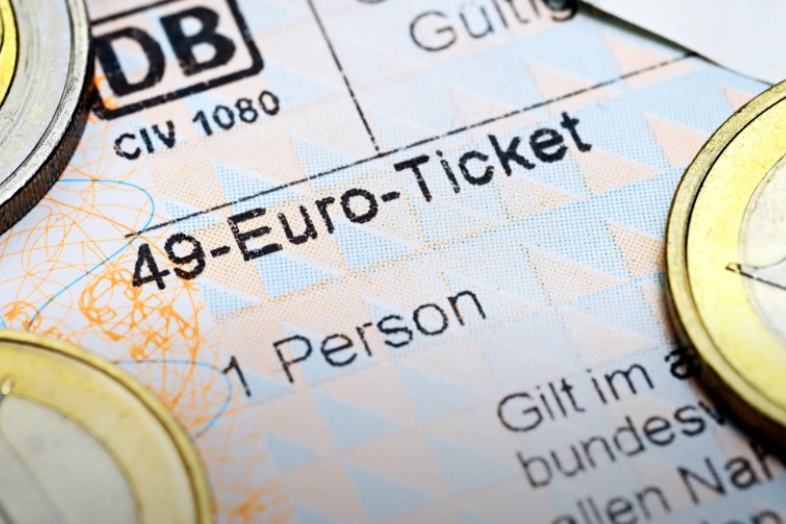'Deutschlandticket' will continue but price not decided
Posted on 10th November 2023 at 10:52
Germany's nationwide flat-rate monthly transit pass will continue to exist, following a tentative agreement struck between Chancellor Olaf Scholz's centre-left government and state premiers.
But questions remain about whether a steep price hike might be in store for the so-called "Deutschlandticket," which currently costs €49 per month and allows unlimited use of buses, trams, subways and regional trains anywhere in the country.
The German government introduced the flat-rate transit pass in hopes of reducing car use, boosting ridership on public transport and giving riders a break in a year marked by high inflation.
However, the scheme is not without its detractors. The railways, state governments and local transport authorities have argued over how to pay for the package which is currently heavily subsidised.
For the first year, Germany's federal government and the 16 states agreed to both contribute €1.5 billion to offset the costs. Future funding arrangements for 2024 and beyond, however, remain undecided.
According to a forecast by the Association of German Transport Companies (VDV), operating losses from the Deutschlandticket are expected to amount to €2.3 billion in 2023 and rise to €4.1 billion in 2024.
The Deutschlandticket has been largely popular with riders and politicians, and officials at the meeting with Scholz from both the right and the left expressed broad support for keeping it.

Germany's nationwide flat-rate monthly transit pass will continue to exist, following a tentative agreement (Wiki)
Tagged as: Germany,
Share this post:

